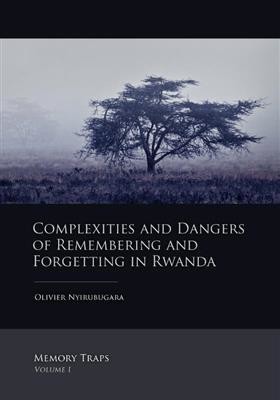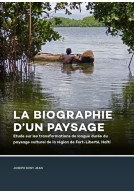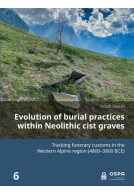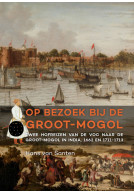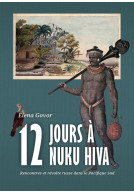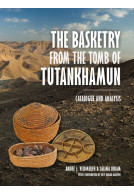Google Books previews are unavailable because you have chosen to turn off third party cookies for enhanced content. Visit our cookies page to review your cookie settings.
Complexities and Dangers of Remembering and Forgetting in Rwanda (Paperback)
Imprint: Sidestone Press
Pages: 180
ISBN: 9789088901102
Published: 31st July 2013
Script Academic & Professional
Pages: 180
ISBN: 9789088901102
Published: 31st July 2013
Script Academic & Professional
You'll be £30.00 closer to your next £10.00 credit when you purchase Complexities and Dangers of Remembering and Forgetting in Rwanda. What's this?
+£4.99 UK Delivery or free UK delivery if order is over £40
(click here for international delivery rates)
Need a currency converter? Check XE.com for live rates
(click here for international delivery rates)
Need a currency converter? Check XE.com for live rates
Can a society, a culture, a country, be trapped by its own memories? The question is not easy to answer, but it would not be a bad idea to cautiously say: ‘It depends’. This book is about one society – Rwanda – and its culture, traditions, identities, and memories. More specifically, it discusses some of the ways in which ethnic identities and related memories constitute a deadly trap that needs to be torn apart if mass violence is to be eradicated in that country. It looks into everyday cultural practices such as child naming and oral traditions (myths and tales, proverbs, war poetry etc.) and into political practices that govern the ways in which citizens conceptualise the past.Rwanda was engulfed in a bloody war from 1990 until 1994, the last episode of which was a genocide that claimed about a million lives amongst the Tutsi minority. This book – the first in the Memory Traps series – provides a new understanding of how a seemingly quiet society can suddenly turn into a scene of the most horrible inter-ethnic crimes. It offers an analysis of the complexities and dangers resulting from the ways in which memories are managed both at a personal level and at a collective level.The main point is that Rwandans have become hostages of their memories of the long-gone and the recent past. The book shows how these memories follow ethnic lines and lead to a state of cultural hypocrisy on the one hand, and to permanent conflict – either open and brutal, or latent and beneath the surface – on the other hand. Written from a memory studies perspective and informed by critical theory, philosophy, literature, [oral] history, and psychology, amongst others, this book deals with some controversial subjects and deconstructs some of the received ideas about the recent and the long-gone past of Rwanda.About the author:Olivier Nyirubugara is a lecturer of New Media and Online Journalism at the Erasmus School of History, Culture and Communication (Erasmus University Rotterdam). In 2011, he completed a PhD in Media Studies at the University of Amsterdam with a dissertation entitled Surfing the Past: Digital Learners in the History Class, in which he empirically explored ways in which pupils use the Web to find historical information. Nyirubugara has also been practicing journalism since 2002 and has been training and coaching journalists in mobile reporting in Africa since 2007.
Other titles in Sidestone Press...







